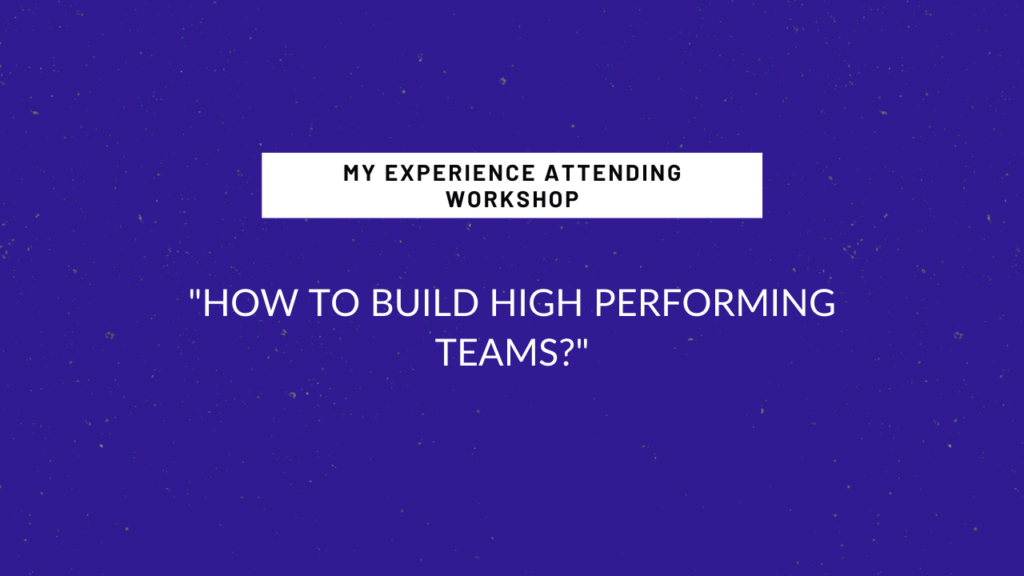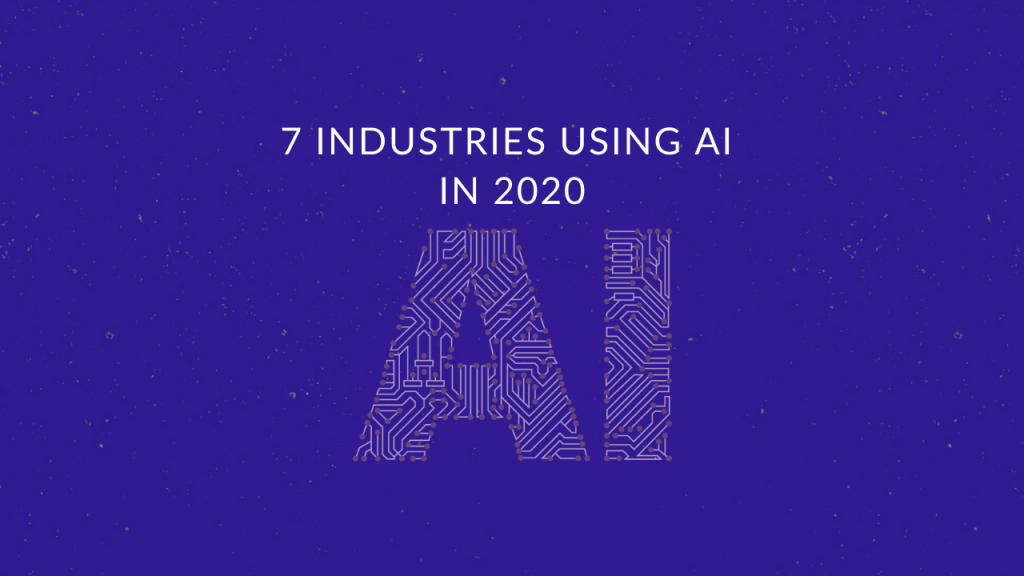Some of the bright Side of the Coronavirus

Some of the bright Side of the Coronavirus
Though positive news stories have mostly been buried under an avalanche of news, statistics and some of the ongoing updates about the coronavirus disease (COVID-19) lately, they are still out there.
It might also look that cheerful stories have been few and far between of late, but even in the direst of circumstances, there is often a silver lining.
Here are some of the positive developments related to COVID-19 that might point towards a light at the end of the tunnel for all the people in confinement, quarantine, and those infected by the COVID-19 that has the majority of the world in lockdown.
- In Venice, locals are reporting they can see fish in the canals for the first time in years
The water of the canals in Venice is much clearer ever since the COVID-19 coronavirus has put a halt to tourism in the famous city. Over the past few years, the city has been struggling to deal with the overcrowding and pollution caused largely by tourism.
This has resulted in the city canals becoming murky due to pollution. Now, images showing that the water has become crystal clear.
It is not just Venice that has seen big changes. In Italy, where drastic lockdown measures were put in place following a spike in the COVID-19 cases, such as the port of Cagliari. Swans have filmed in the waters of Milan, and other wildlife has reportedly been spotted returning to areas that were previously uninhabitable.

- Air pollution and global CO2 levels are going down dramatically
Air pollutants and warming gases over the cities across the globe have gone down dramatically since the COVID-19 coronavirus started to impact work and travel.
According to the report revealed by the BBC, results show that carbon monoxide, mainly from cars, has been reduced by around 50% compared with the last year in the typically traffic-heavy city.
CO2 emissions have also dropped dramatically. Scientists predict that by the month of May, when CO2 emissions are typically at their peak due to the decomposition of leaves, the levels recorded will be the lowest since the financial crisis over a few decades ago.
- India has signed a big relief package deal
Governments across the globe, including India, are passing unprecedented laws to help citizens affected by the ongoing pandemic. In India, Prime Minister Narendra Modi signed into law a bill that makes sure paid leave benefits many Indians. It is a part of a wide-ranging aid package that will help those struggling with the current situation.
A report also suggested that legislation also promises free coronavirus testing to anyone, including the people who are uninsured. The bill also increases health funding across India.

- It’s bringing out the best in people
In such type of difficult moments people come together, help each other out, and show a sense of solidary that is often missing in calmer times – despite some ugly, unwanted scenes related to the supermarket stockpiling, this has overwhelmingly been the case in people’s reaction to the COVID-19 pandemic.
In Italy, which is one of the worst affected countries by the pandemic, whole communities have come together to sing songs and play instruments from their balconies.
In India and Spain, citizens started a tradition of clapping from their balconies for the doctors, nurses, and other healthcare workers working hard to fight to help those who are ill.
- Pangolins
A silver lining for pangolins, Vietnam is going to end its trade in wild animals killed for meat or parts after the COVID-19 has been linked to transmission from bats to humans with a wildlife host. The ministry of agriculture is said to be drawing up the directive “quickly” to present by the 1st of April. The WWF has revealed that it inspired a crackdown on the trade-in pangolin scales.
- A helping hand… Sanitiser
Lots of companies who normally produce things like alcohol and perfume have switched their attention to producing hand sanitizer for free.
It is because lots of supermarkets and chemists have placed strict limits on the number of hands sanitizing gels shoppers can buy as producers struggle to source enough ingredients and small plastic bottles.
Due to this, people have learned a habit of sanitizing hands and their homes at regular intervals.
RECENT POSTS
-
 Clavent’s Emerge 2020 Martech Summit Goes Virtual, powered by CleverTap08 Sep 2020 PR
Clavent’s Emerge 2020 Martech Summit Goes Virtual, powered by CleverTap08 Sep 2020 PR -
 Emerge 2020 HR Tech Summit Concluded Successfully12 Jul 2020 PR
Emerge 2020 HR Tech Summit Concluded Successfully12 Jul 2020 PR -
 Emerge 2020 HR Tech Summit12 Jul 2020 PR
Emerge 2020 HR Tech Summit12 Jul 2020 PR -
 My Experience Attending "How to Build High Performing Teams?" - Workshop On How to be a Good Manager.12 May 2020 Authored Articles
My Experience Attending "How to Build High Performing Teams?" - Workshop On How to be a Good Manager.12 May 2020 Authored Articles -
 Top Quantum Computing Companies to look out for in 202029 Apr 2020 Listicles
Top Quantum Computing Companies to look out for in 202029 Apr 2020 Listicles











